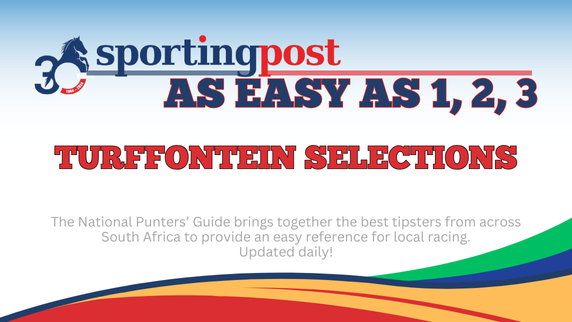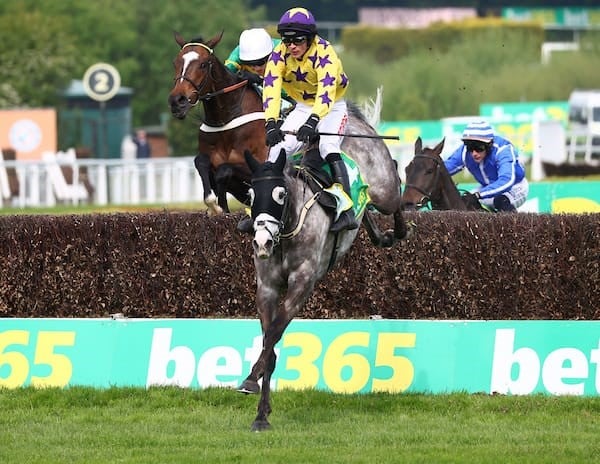Happy birthday to all our horses ! May you all live to light a hundred candles. Well, perhaps not the horses, but hopefully the industry anyway.
We’ve just finished our 2010/2011 racing season. Our 2 YO’s have graduated and it will be interesting to see which ones will go on to grab headlines in the brand new 3 YO season. Off the track, the studs are readying themselves for the arrival of our next generation. And while it is fun and exciting to look to the future, it is sometimes interesting to look back and have a look at how far we’ve travelled.
The first European settlers famously landed at the Cape in 1652. Considering that it would have been pretty uncivilized back then, there would have been a fair amount of work to do, but according to Racing South Africa, the first South African horse race was run in Cape Town 1797. Five years later, the first recorded race club meeting took place on what is now Green Point Common in 1802 and The Jockey Club of South Africa was founded in 1882.
Considering that the first recorded race meeting in Britain was held at a horse fair in London in 1174, I think it would be fair to say that South Africa has come a long way in 209 years. We’ve got PGE, GC, TAB, we’ve listed on the JSE and are all working hard to contribute to the GDP.
According to an interesting study currently being conducted for RSA by EIS (I love all these TLA’s !), in 2009 our industry contributed R2.71bn to the total GDP (an estimated R1664.274bn for the country as a whole). In 2009 we paid R694m in direct and indirect taxes of which 28% was paid to provincial governments and 72% to the national government.
As we all know, horse racing is a labour intensive industry. According to the EIS study, in 2009 horse racing directly employed 12 537 people. Of these 9,445 were full time positions and 3 092 were part time. As full time annual job equivalents this is equal to 11 639 jobs. With national population levels sitting close to 50 million, this means that we offer employment to 2.33% of the population.
Quite a lot to be proud of really, particularly given the tricky current global economy.
One of the negative sides to an industry dependent on the vagaries of animal husbandry and lead times dictated by gestation and maturation periods is that it takes time for us to adapt and adjust. If the industry is looking healthy and I decide to breed a mare for example, it will take the best part of another year for the foal to arrive and about a year and a half before it can realistically see a sale. Then it will take almost another year before the horse can potentially see the racetrack (assuming the individual matures early enough), but as most horses start running at 3, we can push that to two years. From my decision to breed my mare to the day that my foal steps on to the track, the process can take up to four years. So our industry professionals really need crystal balls and divination skills in order to read and predict the future and plan and react accordingly.
I don’t think it is unfair to say that we are living in precarious times. Economies are under pressure worldwide and South Africa and the racing industry is no exception. There is an expression that ‘When Money Goes Out the Back Door, Love Walks Out the Front’ and much as we love our horses and our racing, with rationalization the catchword on everyone’s lips, it is hard to justify a great, big, R100 bill processor.
Interestingly, according to some stats from the International Federation of Horseracing Authorities (recently reproduced in an article by Michael Clower in the July 2011 Parade magazine), South Africa is by no means bottom of the pile when it comes to our stakes earnings. In a comparison of stakes as a percentage of owners’ expenses, South Africa currently sits at 48% in 7th position on the log. This puts us on a statistical par with New Zealand and 1% above the USA which currently sits at 47%. Great Britain, the bastion of the Sport of Kings, languishes near the bottom of the log at 23%.
Global financial trends do look gloomy. But as they say, what goes up, must come down. And fortunately, what goes down, must at some point also come back up again.
A glance at the Racing Fact Book shows that the industry does move in cycles. The industry seemed to be at a high early in the millennium, but the global recession has hit everyone hard. Unfortunately, as per my example above, with it not being possible to reverse breeding decisions or magically vanish foals already on the ground, our industry is under the whip (sorry!!) financially, but we are further stretched by having a large horse population (live foal stats for 2009 were at an all time high of 3738).
There are indications that the industry is contracting a little (according to the Blood Horse, the US live foal stats dropped 14.9% from 2009 to 2010) and South African trends are also down over the same period, so it seems we are in a correctional phase and hopefully this bodes well for the future.
Our industry is at an interesting and challenging period in its history, but with all the current restructuring at operator level, research into African Horse Sickness and continued negotiation on our export protocols, there may well be a glimmer of hope on the horizon. But as anything at that level involves a certain amount of red tape, there are a number of logistical obstacles to be negotiated and of course, things take time.
South Africans are nothing if not tenacious and with the horse business once described as ‘the biggest collection of optimists ever assembled into one place’ I hope that with a little consideration, careful planning, and some creative and energetic industry players, we will weather the current economic and industry rapids.
Shirley Bassey sang “And I’ve seen it before, And I’ll see it again, Yes I’ve seen it before, Just little bits of history repeating”.








